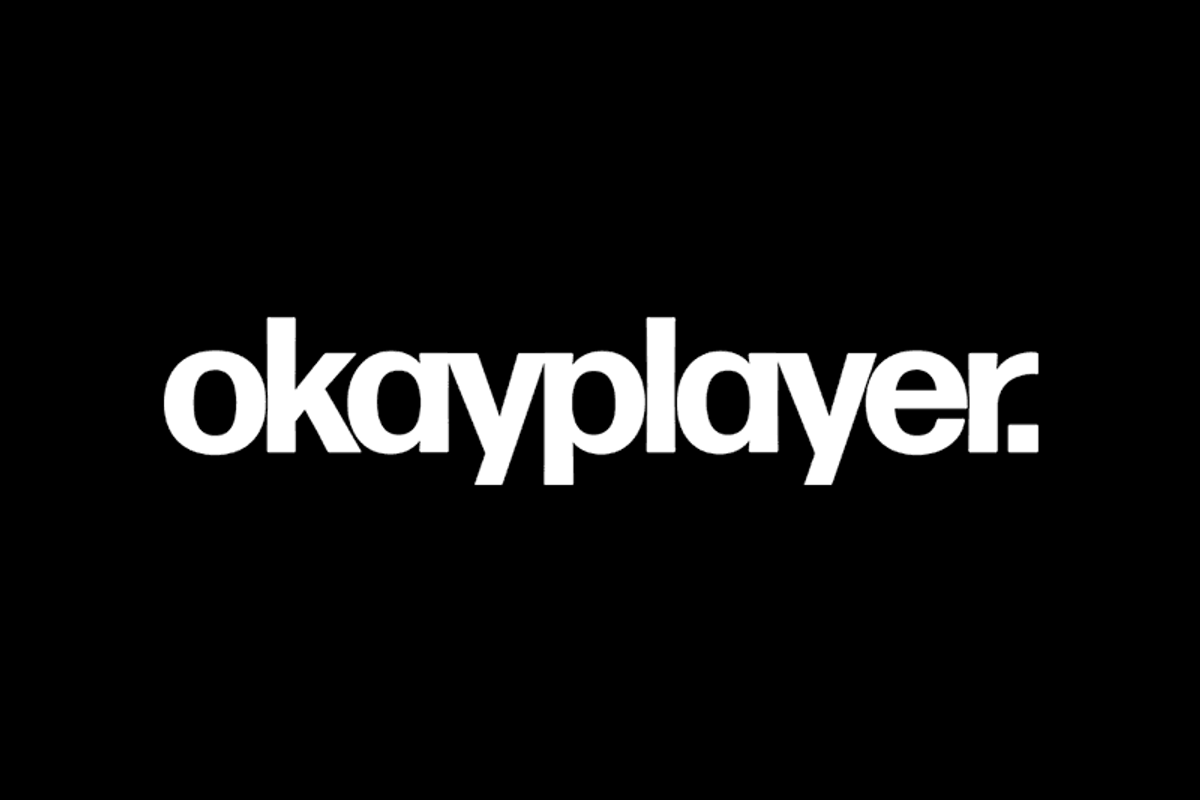
Jury Deliberates On Led Zeppelin "Stairway" Case
To continue reading
Create a free account or sign in to unlock more free articles.
By continuing, you agree to the Terms of Service and acknowledge our Privacy Policy
Register
The content is free, but you must be subscribed to Okayplayer to continue reading.
THANK YOU FOR SUBSCRIBING
Join our newsletter family to stay tapped into the latest in Hip Hop culture!
Login
To continue reading login to your account.
Forgot your password?
Please enter the email address you use for your account so we can send you a link to reset your password:

UPDATE: A California jury has found Led Zeppelin not guilty of plagiarism. Accused of lifting the iconic introduction of "Stairway To Heaven" from Spirit's "Taurus," the classic rock band's trial ended yesterday when the jury ruled in their favor.
"Stairway To Heaven." The classic rock anthem, made famous by Led Zeppelin (or rather, that made Led Zeppelin famous), is ubiquitous. There's a reason why the song is used as a joke in Wayne's World: everyone knows (and has probably attempted to play) "Stairway To Heaven."
Led Zeppelin is an iconic band, having created a legacy for themselves through their music and larger than life personas. They're even sampled on Beyoncé's latest album Lemonade. So there's no question of the band's timeless impact and influence.
However, what has been questioned (time and time again) is the authenticity of Led Zeppelin's music, including the aforementioned "Stairway To Heaven." Recently, the remaining members of the group (Robert Plant, Jimmy Page and John Paul Jones) have been defending themselves in a Los Angeles courthouse against allegations that they stole the song's famous opening from "Taurus," a song by L.A. band Spirit. The judge in those proceedings heard closing arguments today after the defense rested their case. The jury was released for deliberation two hours ago, and both fans and music industry insiders are awaiting a decision to be handed down at any minute.
Similar to the "Blurred Lines" copyright case of 2015, "Michael Skidmore Vs. Led Zeppelin Et Al" is important not only because of who's involved, but because it speaks to the complexities of copyright law in the digital age. As music industry lawyer Jay Rosenthalrecently told the New York Times, where "melody and lyrics were the basis of all infringement claims," now "rhythm and beats and 'feel'" are taken into account, too.
Which is what is happening with this Led Zeppelin case. Prior Zeppelin lawsuits (and other committed acts of plagiarism) pre-"Blurred Lines" were more objective, in the sense that they were blatantly ripping off other artists (most noticeably blues and R&B musicians), so holding them accountable was much easier.
"'Whole Lotta Love,' arguably Led Zeppelin's most famous song after 'Stairway To Heaven,' was a barely disguised rewrite of Willie Dixon's 'You Need Love,'" explained author and music expert Tim English in an interview with Okayplayer. "They not only took the music but the words too, and it wasn't until 1985 that Dixon was compensated and properly credited on subsequent releases."
But in a post-"Blurred Lines" world subjectivity has become more commonplace in the courtroom. "What you're left with is a subjective poll," English said. "For that reason many times the people that are targets of these lawsuits are advised by their attorneys to settle before it ever gets in front of a jury, because the jury aren't musicians — they're regular people."
The most recent example of this (aside from Led Zep) could very well be between Justin Bieber and White Hinderland, an indie singer who claims that the pop star and producer Skrillex ripped off a vocal sequence that's in their trop-pop megahit "Sorry." There hasn't been any update on if the copyright case will go to court or not, but if it does, the hitmakers could find themselves in what English calls a "David and Goliath" situation.
"The jury might see the case as the poor songwriter who doesn't have two nickels going up against the big, rich people," he explains. So settling out of court (or even pulling a Beyoncé where you credit any possible interpolation that could lead to copyright trouble) seems to be the better option.
Although Led Zeppelin losing this case or not is very important (it would change the makeup of such an iconic song going forward), it's also a reflection of just how complicated copyright law can be. To try and defend himself when he was being sued for "Blurred Lines," Robin Thicke played a medley of U2's "With Or Without You"; the Beatles' "Let It Be"; Alphaville's "Forever Young"; Bob Marley's "No Woman No Cry"; and Michael Jackson's "Man In The Mirror." He did this to prove that many songs can share similar chords or melodies without being copies, but still lost the case in the end.
Maybe favoritism played a part: regardless of the objectivity you're supposed to have in cases like this, Marvin Gaye's "Got To Give It Up" is timeless. Maybe timelessness will work in favor of Led Zeppelin; maybe it won't. A musicologist in favor of the popular classic rock act spoke to how the intro to "Stairway To Heaven" borrows from music made before Led Zeppelin or Spirit even existed (the song below, a 1963 cover of public-domain Appalachian folk traditional "To Catch A Shad," is the track the musicologist used during the case).
Another spoke to how the song's intro is lifted from Spirit's "Taurus."
What matters now is how well Spirit's lawyer proved that Led Zeppelin knew of the band's existence (and even more the song) prior to making "Stairway To Heaven." Still, "Michael Skidmore Vs. Led Zeppelin Et Al" will serve as an important case in music history no matter who wins or loses.